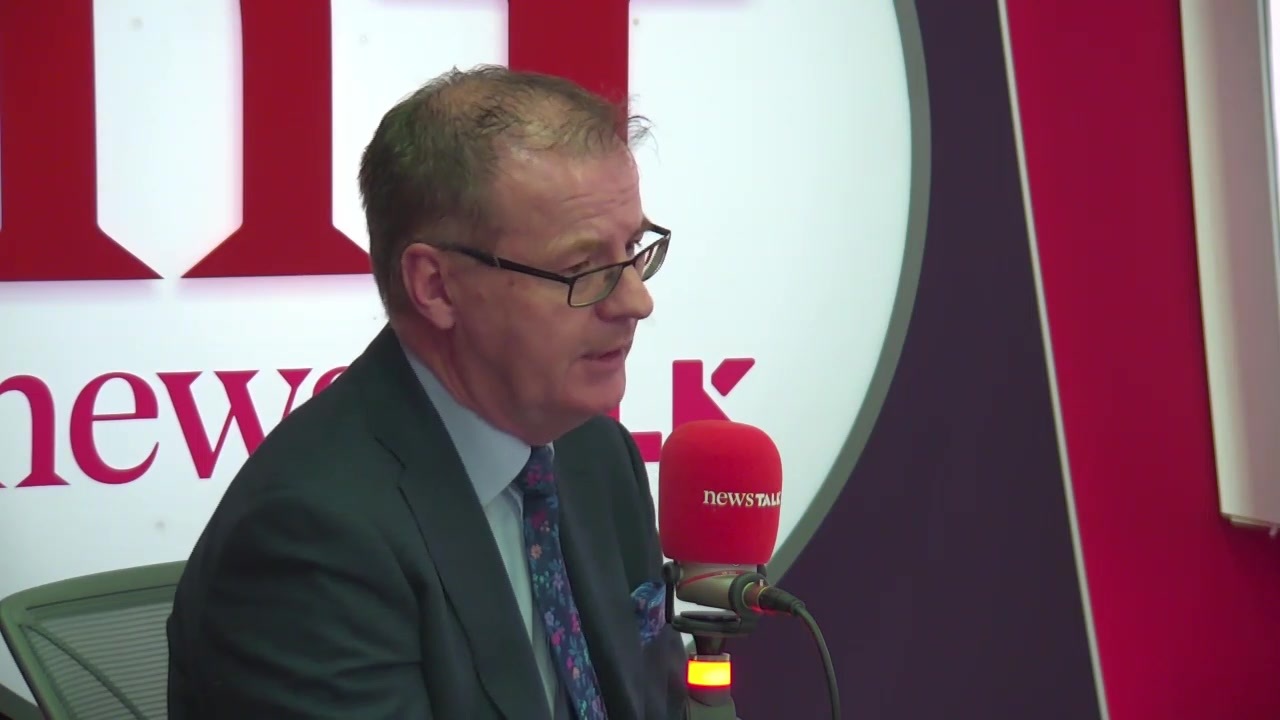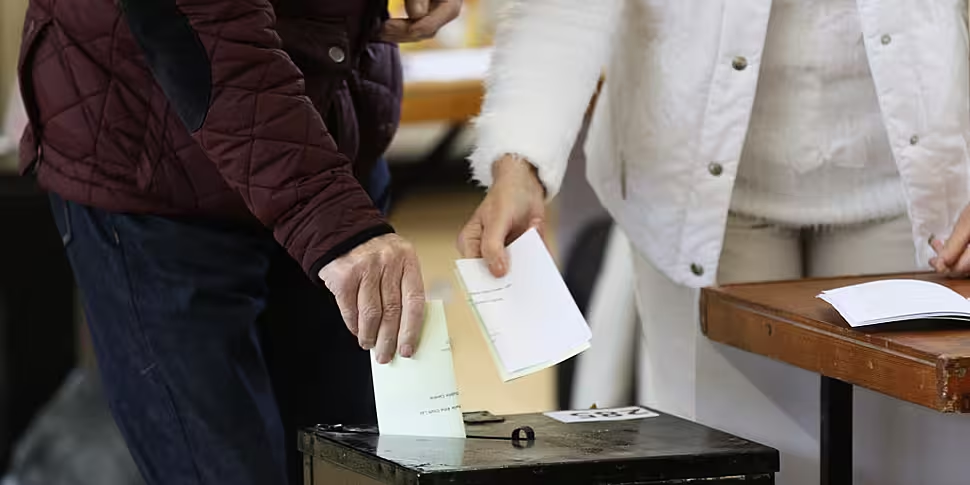New rules enforcing “much greater transparency” around online political advertising could be in place in time for the next general election.
An Coimisiún Toghcháin (The Electoral Commission) does not expect the rules to be in place in time for the upcoming Referendums or Local Elections.
On The Pat Kenny Show this morning, the commission’s CEO Art O’Leary said Part 4 of the Electoral Reform Act will force social media companies to reveal a range of information about political ads.
He said the ads will display who is paying, how much they are paying, who benefits and what demographic is being targeted.
“It won’t be there for the Referendums or it may not be there for the Local and European Elections either, but I understand it is the Government’s clear intention to commence it in advance of the general election whenever that happens,” he said.
 An Coimisiún Toghcháin CEO Art O’Leary in the Newstalk studio. Image: Newstalk
An Coimisiún Toghcháin CEO Art O’Leary in the Newstalk studio. Image: NewstalkHe said the legislation “envisages much greater transparency” in relation to online advertising.
Concerns have been raised about the potential for foreign governments and other agents to interfere in Irish elections in the coming years – with a new study from the Institute for Democracy and Electoral Assistance finding that 93% of elections in 52 different countries over three years recorded some form of interference.
Social media
Mr O’Leary said the commission currently has no regulatory powers over social media companies; however, the Oireachtas intends to change that in the coming years.
He said he has met all the social media platforms since taking on his role last year and found them to be “very cooperative”.
“They have given us priority access so, you know, if we come across any egregious sorts of disinformation, they will give us special consideration and we're happy.
“I've always said that if we end up in the High Court trying to instruct a social media company to take down a particular post or deal with a particular piece of disinformation, then we're doomed.
“We will beat this threat by collaboration and working well and the social media companies have shown themselves to be very, very responsible so far in how they deal with this.”
Online disinformation
He said his office is focused on countering online misinformation and disinformation in the run-up to all elections.
“The experts say there are four ways to counter the disinformation threat,” he said.
“First, it is to identify the threat and document it.
“Secondly, it is to raise awareness, because ultimately this is all about communication and education – tell people that they may hear the following piece of information and it is not true.
“I mean, there have been a number of recent elections across Europe where people were told that, ‘Your vote won't count unless you write your name on the ballot paper’ or, ‘If you write your name on the ballot paper, you'll be entered into a raffle’.
“So, people say, ‘Oh, this is great. I can win an iPad or something,’ but actually that spoils your vote.
“So, these are very black-and-white issues for us and it's all around electoral processes.”
Mr O’Leary said it is “very easy” to come out and inform the public when information being circulated is untrue.
He said the commission is working with organisations around the world on best-practice responses to online disinformation.









